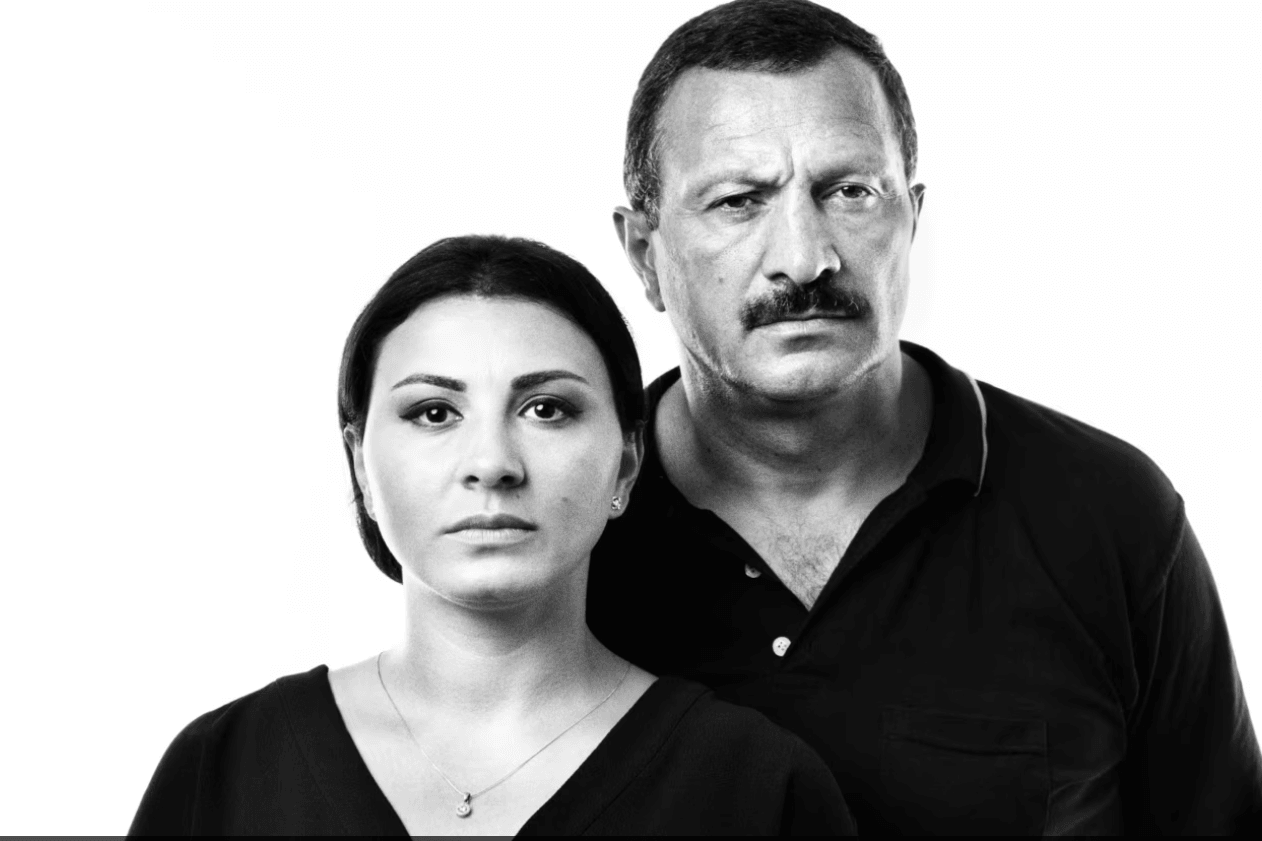
Multiple prisoners in Azerbaijan have gone on hunger strike over the last two weeks. The first prisoner to do so, prominent opposition politician Tofig Yagublu, a member of the opposition Musavat Party, announced his ‘death hunger strike’ in March after being sentenced to nine years in prison.
As of Monday, Yagublu has been on hunger strike for seven days, and plans to continue it, despite his health deteriorating.
According to Yagublu’s lawyer, Fakhraddin Mehdiyev, Yagublu stumbles when walking and his face has turned pale.
‘I asked about his weight and he said that he lost six kilogrammes during these seven days’, Mehdiyev said.
On Monday, Musavat party spokesperson Mustafa Hajibayli noted that ‘the fact that Tofig Yagublu, who has serious health problems, began a hunger strike is of particular concern, and the party proposed to hold negotiations with the authorities regarding him and other imprisoned socio-political activists’.
The Musavat Party is waiting for a response from the authorities on this proposal.
Yagublu was found guilty of fraud and document forgery on 10 March, a decision he claims is politically motivated.
Previously, Yagublu was arrested in 2013 on charges of organising protests in the central Azerbaijani district of Ismayilli. He was subsequently sentenced to five years in prison, before being released in 2017 as part of an official group pardon.
In March 2020, he was arrested again, this time on charges of hooliganism. According to the prosecution, Yagublu had been involved in a traffic accident, after which he insulted and caused bodily harm to the driver of the other car and his wife. In September 2020, the Nizami District Court sentenced him to four years and three months in prison.
Immediately after the verdict was announced, Yagublu stated that he had started a hunger strike in protest against the injustice of the trial. He continued the hunger strike for 17 days before being transferred to a clinic.
Later that month, he was released on house arrest by the Baku Court of Appeal.
In July 2021, the same court replaced his original sentence with a suspended one.
‘The prisoner has no other choice’
In an entirely separate decision, Polad Aslanov, a journalist and head of the Xeberman.com media outlet, began his own hunger strike on 5 April.
According to his wife Gulmira Aslanova, her husband made the decision because ‘in a country where justice and law do not work, the prisoner has no other choice’.
‘My husband weighs 44 kg. No matter what situation they put him in, a man risks his life with such weight when he goes on a hunger strike. We have repeatedly appealed and demanded an end to discrimination and lawlessness. The result is obvious’, Aslanova wrote on social media.
She added that Aslanov has also faced discrimination while in prison, and that he remains in prison in the first place even after he won his case in the European Court of Human Rights (ECHR).
‘As if the fact that they have been illegally and unfairly deprived of liberty for six years is not enough, they say, “you will be allowed to see your family once every six months”’, Aslanova said.
On Monday morning, Aslanova wrote that her husband had not called her as usual, and that she would visit him in prison instead.
Later, she shared another post, writing that ‘Polad called and said that he has been in the office of the prison director since 11:00 today’.
‘As a result, he is being taken for examination and treatment, initially to a medical center operating at a 15-day correctional facility. The director said that if needed again, the time will be extended and you will continue treatment. The problems associated with meetings and phone calls were also resolved’.
According to her, following this, Aslanov ended his hunger strike.
Hunger strikes begin in three Azerbaijani prisons
Members of the Muslim Unity Movement (MUM) — a religious opposition group in Azerbaijan — have also begun a hunger strike across three prisons across the country, protesting police brutality.
MUM spokesperson Abulfas Bunyatov, posted on Facebook on 4 April MUM member Samir Babayev from the Umbaki district prison had joined the hunger strike.
According to Bunyatov, Babayev began his strike after police threatened to take his wife to the police station, after which they detained his sister-in-law, Khayala Gurbanova.
‘Samir Babayev, who is aware of the problem, was touched by the events and condemned the incident and the forced delivery of the woman to the police station as a means of pressure’, Bunyatov wrote, adding that Babayev would ‘continue the hunger strike until the issue is resolved legally’.
On the same day, Bunyatov posted that another nine other prisoners, not members of the MUM, also joined the hunger strike.
‘Protests are growing against the forced delivery of a religious woman to the police station on 1 April. This morning, other prisoners of Colony Number 17 joined the hunger strike, demanding an apology from the police’.
On Monday, Tale Baghirzada, the imprisoned head of the MUM, called on prisoners to end the hunger strike.
‘At this point, I express my gratitude to my courageous brothers who showed determination. Their hunger strike was a shining example of fidelity to values, which thwarted many insidious plans. Our request is to appeal to our brothers who are continuing the action to stop the hunger strike and to show the same promptness in the next stages’, the statement read.
According to Bunyatov, Baghirzada issued this request because of fears that other prisoners would face increased pressure from prison officials due to the actions of the hunger strikers.









